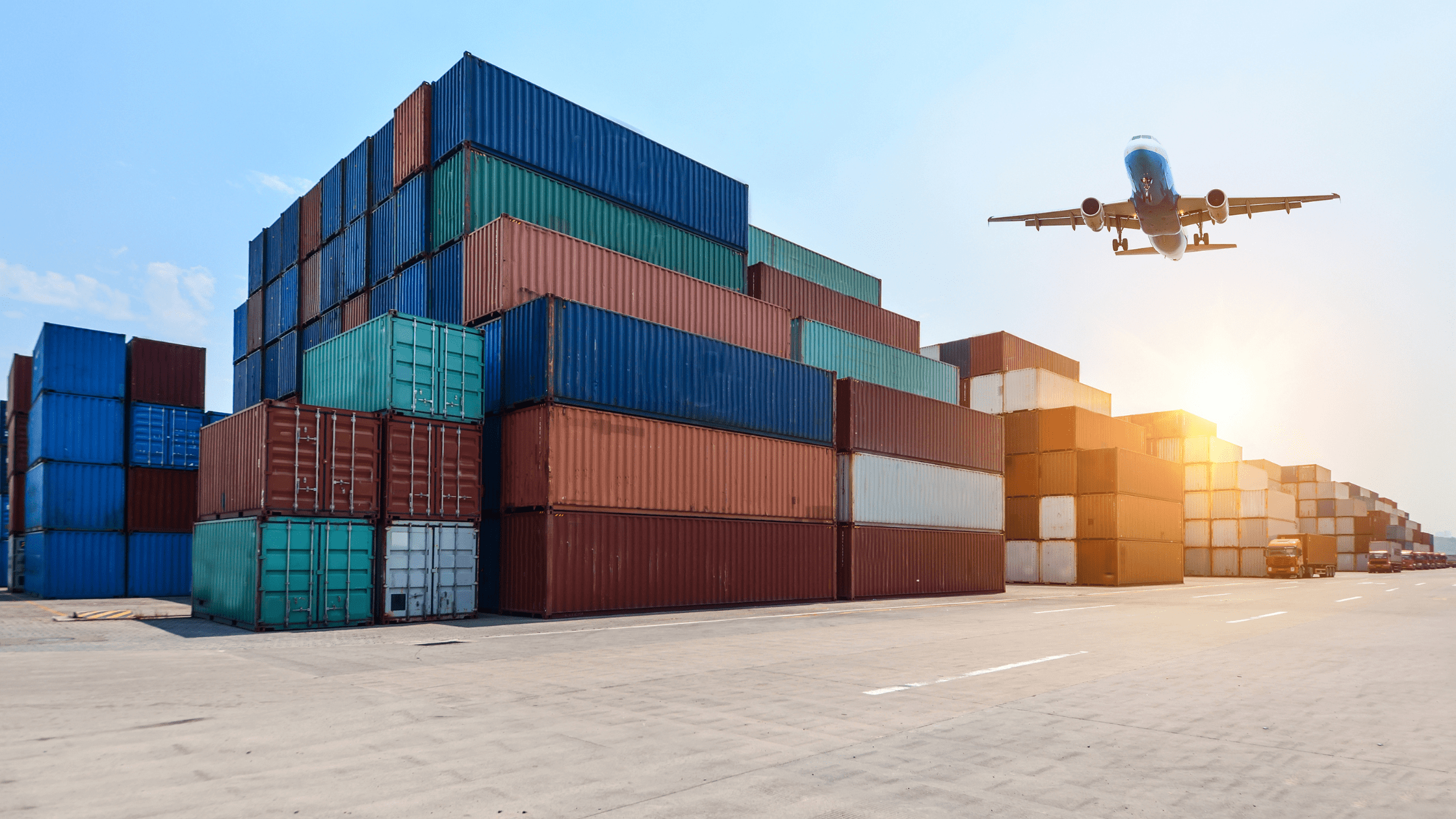The recent data from the Kenya Bureau of Statistics, highlighting a significant decline in Kenya’s exports to key East African neighbours like Uganda and Tanzania, brings to light the pressing need for enhanced bilateral trade within Africa. According to KNBS, Kenya’s exports to Uganda declined by a whooping Ksh2 billion in October 2023 compared to the previous month, with the trend being replicated in December. For the first time in a year, Kenya did not hit the KShs 9 billion mark. In August, Kenya exported goods worth KShs 10 billion to Uganda with the amount decreasing by KShs 2 billion for two consecutive months.
This trend not only reflects the impact of diplomatic tensions but also underscores the broader challenges and opportunities in intra-African trade. In this context, the African Continental Free Trade Area (AfCFTA) emerges as a critical framework for transforming Africa’s economic landscape.
The AfCFTA, a flagship project of Agenda 2063: The Africa We Want, is a high-ambition trade agreement designed to significantly boost intra-Africa trade. By eliminating barriers and promoting trade in value-added production across diverse sectors, AfCFTA aims to revolutionize the way African nations engage economically. With 54 AU member states having signed the agreement and 47 state parties as of January 2024, its potential impact is enormous. The AfCFTA is poised to lift 30 million people out of extreme poverty and boost Africa’s income by $450 billion by 2035, marking a 7% gain.
Kenya’s recent trade fluctuations, particularly the dip in exports to Uganda and Tanzania, serve as a case study in the importance of strengthening regional trade relationships. Despite these challenges, Uganda remains Kenya’s biggest trading partner, highlighting the deep interconnectivity within East African economies. The ability of Kenya to partially offset these declines through increased trade with countries like Pakistan, Germany, Rwanda, the Netherlands, and the UAE indicates the resilience and adaptability of its economy. However, this scenario also reflects a missed opportunity for deeper regional integration and collaboration.
Article by the same author: What Panasonic’s Championing Sustainability In Consumer Lifestyle Technology Means
The AfCFTA provides a framework to address these challenges and unlock the full potential of African economies. It encourages countries to diversify their trade portfolios and reduce dependence on external partners by facilitating easier access to regional markets. This is particularly crucial for countries like Kenya, which heavily rely on agricultural exports. Enhanced regional trade under AfCFTA would enable African countries to better withstand external shocks, whether they be economic downturns, diplomatic tensions, or global market fluctuations.
AfCFTA’s comprehensive scope, including critical areas such as digital trade and investment protection, is vital for modernizing Africa’s trade infrastructure. This would not only boost traditional sectors but also pave the way for emerging industries and technologies, fostering innovation and sustainable economic growth.
One of the key benefits of enhanced bilateral and regional trade under the AfCFTA is the promotion of value-added production. This shift from raw material exports to more processed goods can significantly increase the economic value and global competitiveness of African products. Additionally, it creates job opportunities, fosters industrial development, and reduces vulnerability to global commodity price fluctuations.
Related article: Africa Needs To Explore Maize Alternatives For Sustainable Food Security
AfCFTA’s role in fostering economic integration further extends beyond trade. By bringing together diverse economies, it facilitates the sharing of knowledge, skills, and technology. This collective approach is essential for tackling common challenges such as climate change, public health crises, and food security.
These recent trade figures from Kenya serve as a reminder of the critical importance of strengthening intra-African trade. As African nations continue to navigate complex global and regional dynamics, the full implementation and utilization of the AfCFTA should be a top priority. This is not just about increasing trade numbers; it is about building a more integrated, prosperous, and resilient Africa.





